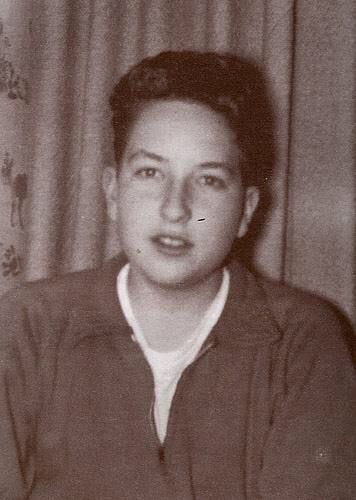Bob Dylan: In His Own Words (Vol 1)
Bob Dylan's own unfiltered words, talking about how he started out and how became who he is, taken from 60 years of interviews.
Part of a continuing series
I had no idea of what a city was like. And I think it probably made me who I am today. The country where I came from—it’s pretty bleak. And it’s cold. And there’s a lot of water. So you could dream a lot. The difference between me now and then is that back then, I could see visions. The me now can dream dreams.
I was born in Duluth, Minnesota. For the most part my base has been in upper Minnesota. Almost to the border. Hibbing, Minnesota – that’s a mining town – lumber town. I was there off and on ever since I was about seven to seventeen. You can stand at one end of Hibbing on the main drag and see clear past the city limits on the other end. Hibbing, was just not the right place for me to stay and live. There really was nothing there. The only thing you could do there was to be a miner, and even that kind of thing was getting less and less. The people that lived there – they’re nice people. I’ve been all over the world since I left there, and they still st…
Keep reading with a 7-day free trial
Subscribe to The Joker and the Thief — Newsletter to keep reading this post and get 7 days of free access to the full post archives.




